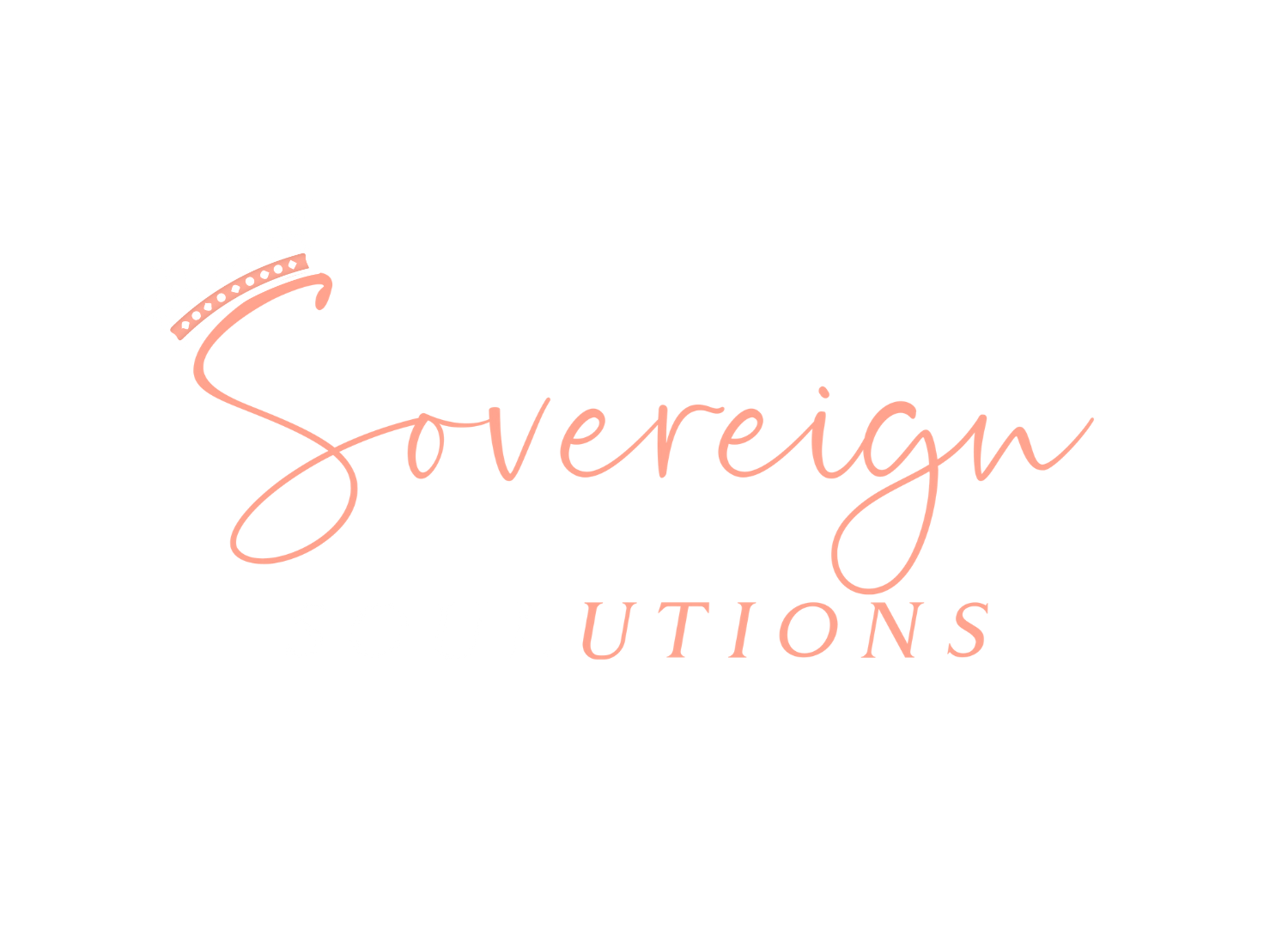Meditation is often touted as a powerful tool for reducing stress, enhancing focus, and promoting overall well-being. However, if you’ve tried meditation and haven’t experienced the expected benefits, you’re not alone. Meditation can be a challenging practice, and it’s common to encounter obstacles along the way. In this blog post, we’ll explore some common reasons why your meditation may not feel rewarding and how to address them.
- Unrealistic Expectations
One of the most common reasons why meditation may not feel rewarding is having unrealistic expectations. Meditation is not a quick fix, and the benefits often take time to manifest. If you approach meditation with the expectation of immediate results, you may end up feeling discouraged. Remember that meditation is a skill that requires practice and patience.
Solution: Set realistic expectations for your meditation practice. Understand that the benefits may not be immediately apparent, but with consistent practice, you can experience positive changes over time.
- Inconsistent Practice
Consistency is key to reaping the rewards of meditation. If you only meditate sporadically or when you’re feeling stressed, you may not experience the full benefits. Like any skill, meditation requires regular practice to see progress.
Solution: Establish a consistent meditation routine. Set aside a specific time each day for your practice, even if it’s just a few minutes. Over time, you’ll notice the cumulative effects of your efforts.
- Impatience and Frustration
Meditation often involves moments of restlessness, impatience, and frustration. If you find it challenging to sit still and quiet your mind, it’s a normal part of the process. Feeling frustrated with yourself for not meditating “perfectly” can hinder your progress.
Solution: Embrace the moments of restlessness and frustration as opportunities for growth. Instead of resisting these feelings, observe them with curiosity and kindness. Remember that meditation is a journey, and it’s okay to have ups and downs.
- Trying Too Hard
Paradoxically, trying too hard to meditate can be counterproductive. When you put excessive effort into achieving a specific outcome or reaching a deep state of relaxation, it can create tension and hinder your ability to let go.
Solution: Approach meditation with a sense of ease and gentleness. Let go of the need to control your experience. Focus on the process of meditation rather than striving for a particular result.
- Distractions and Mind Wandering
It’s entirely natural for your mind to wander during meditation. You may become distracted by thoughts, sensations, or external noises. While it can be frustrating, this is a common challenge in meditation.
Solution: Instead of getting frustrated by distractions, gently guide your attention back to your chosen point of focus, whether it’s your breath, a mantra, or a specific sensation. The act of returning your attention is an essential part of the practice.
- Lack of Guidance
Without proper guidance, meditation can be challenging, especially for beginners. If you’re unsure of the techniques or don’t have a clear understanding of meditation principles, it can lead to feelings of uncertainty and unfulfillment.
Solution: Consider seeking guidance from experienced meditation teachers or using meditation apps and online resources that offer structured programs and guided sessions. Learning from experts can help you establish a strong foundation for your practice.
Meditation is a transformative practice that can bring numerous benefits to your life, but it’s not always easy, and it may not yield immediate rewards. It’s essential to approach meditation with patience, consistency, and a willingness to embrace the challenges that arise. By addressing these common reasons why meditation may not feel rewarding, you can cultivate a more fulfilling and enriching meditation practice over time. Remember, the journey of meditation is just as important as the destination.







